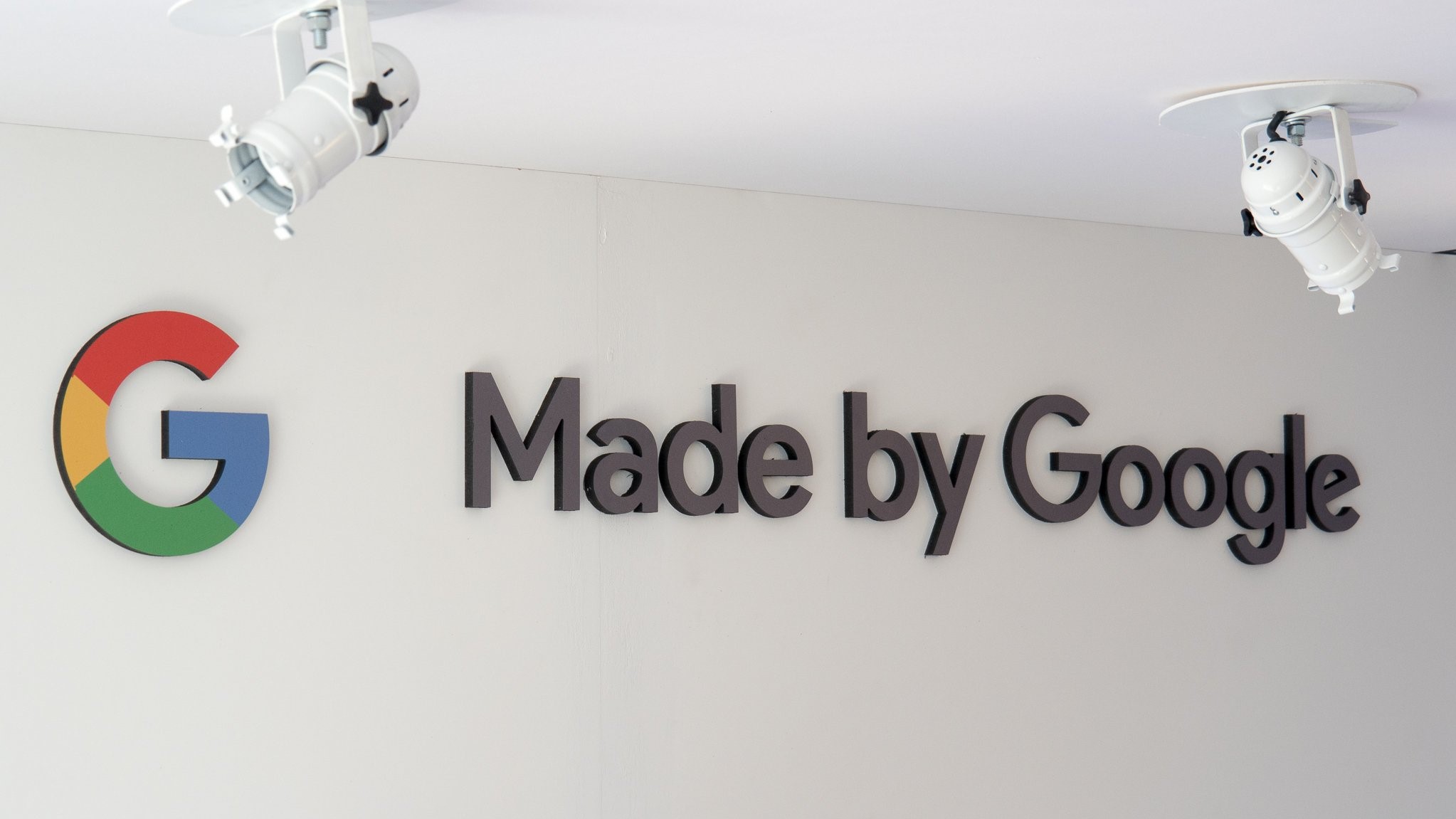
What you need to know
- Google introduces Axion, a powerful chip designed for data centers, capable of handling various tasks including Google searches and AI operations.
- Axion is Google's first custom Arm-based CPU for data centers, promising to provide significant performance improvements over current cloud tools.
- Google plans to offer virtual machines powered by Axion processors to customers in the coming months.
Google has introduced a brand new chip called Axion for data centers, and it's touted to be capable of handling everything from Google searches to AI tasks.
Axion is Google's first custom Arm-based CPU for data centers, built using Arm's Neoverse V2 CPU platform. Axion will be the muscle behind all sorts of things you use every day, like Google searches and AI-powered tasks.
Google says Axion knocks it out of the park, crushing current Arm-based cloud tools by 30% and leaving even the latest x86-based virtual machines (VMs) in the dust, with a 50% performance boost. Plus, it sips power more efficiently, saving 60% compared to those old x86 VMs.
The Mountain View-based tech giant is using the same circuitry built by Arm as Amazon and Microsoft to design the Axion chip. That makes Google the third big tech company to jump on board with this framework, as reported by The Wall Street Journal.
Google says it has already put Axion to work internally, running first-party services such as BigTable, Spanner, BigQuery, Blobstore, Pub/Sub, Google Earth Engine, and the YouTube Ads platform on Google Cloud. And it plans to keep ramping up its use in the future.
Google plans to give us a sneak peek at virtual machines powered by Axion processors in the next few months. Later this year, Axion will be up for grabs for all Google Cloud customers.
To set the record straight, the company is not going to sell Axion chips directly to customers. Instead, it'll let you rent access to this custom hardware.
Google has been designing its own chips for a while now, mostly for the Pixel phones (like the Pixel 6) to make them faster and better. The company also makes special chips called "Tensor Processing Unit" (TPU) to help run its data centers, since way back in 2015.
There are a couple reasons why Google built Axion. First, it wants to be less reliant on other companies for parts, as per WSJ. Second, it lets the company compete better with cloud giants like Amazon and Microsoft, which are also building their own superchips. Basically, it's an arms race for faster and more efficient cloud services.
Google is betting big on its new Axion chip to handle the ever-growing need for computing power, especially for AI services.







